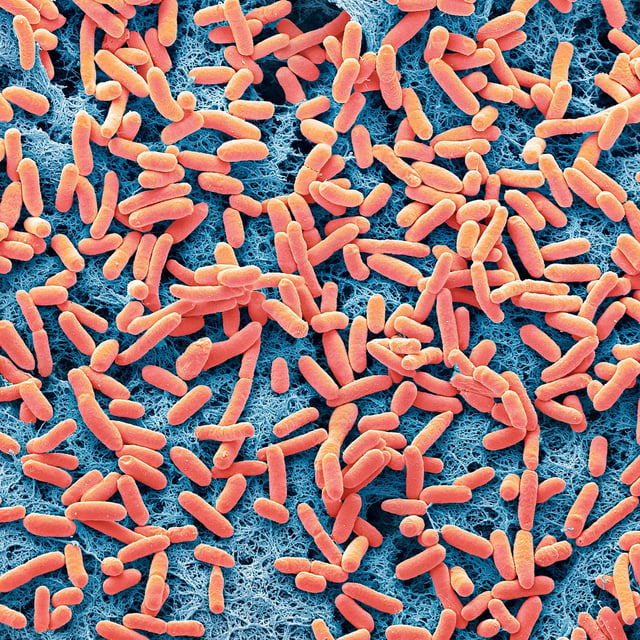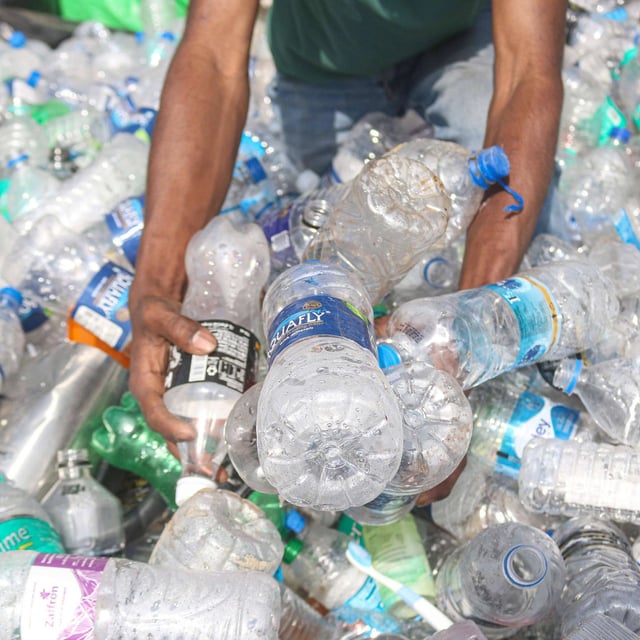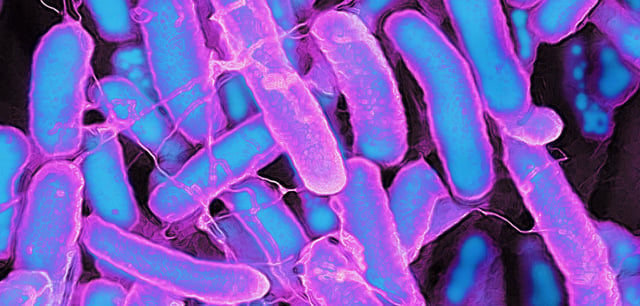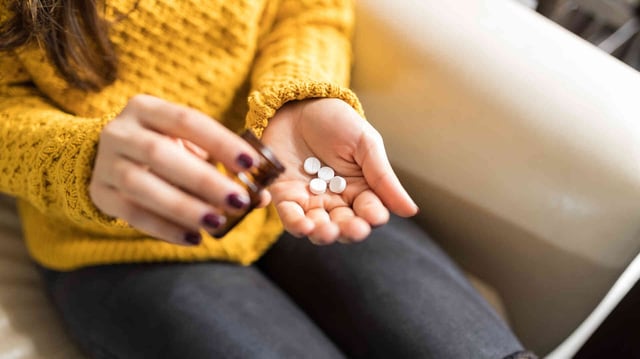Overview
- The process begins by hydrolyzing PET plastic into terephthalic acid, which two engineered E. coli strains then transform into para-aminobenzoic acid and ultimately paracetamol.
- Optimization in lab conditions increased the paracetamol yield from an initial 29% to 92% of the PET substrate within 24 hours.
- All reactions occur in a single vessel under mild conditions, producing negligible emissions and no harmful by-products.
- If scaled successfully, the method could reduce plastic pollution and cut reliance on petroleum-based feedstocks for paracetamol production.
- Researchers must overcome challenges in substrate concentration limits and bacterial toxicity to adapt the bioprocess for industrial-scale manufacturing.



